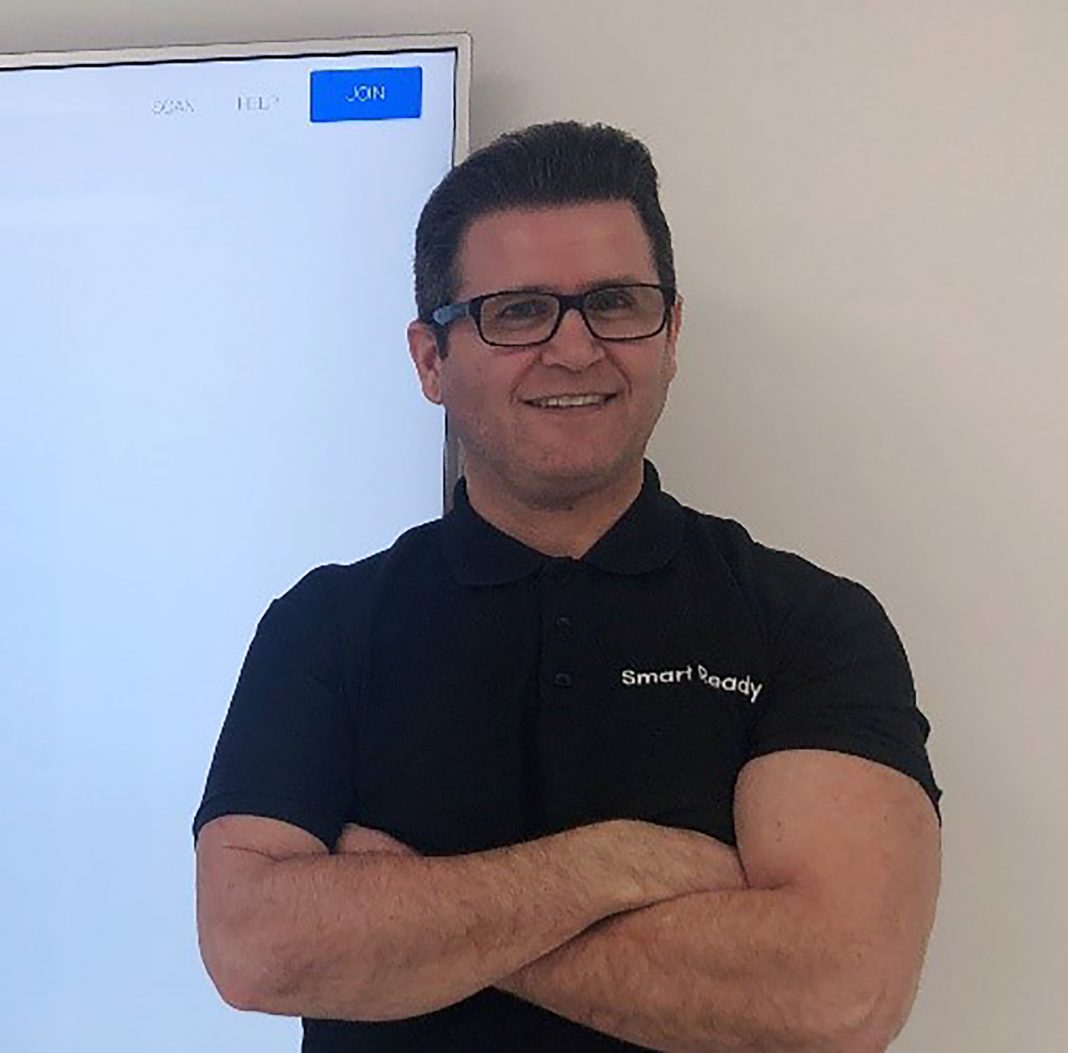It’s fantastic to see more and more fabricators and installers beginning to promote their Smart offering as they realise its potential as our industry’s next big opportunity. But in light of some recent trademark confusion, which I am not going to go into, I’m writing with a word of warning, but more importantly, with some advice. Just because a product name sounds good or a logo looks good, or you think it helps sell your product better, it doesn’t mean you can just use it.
Every business needs to be aware of exactly what they’re promoting. It is part of a company’s responsibility to do their research, to become commercially knowledgeable about those that they share the same market with and understand what trademarks are already out there. By not performing the trademark due diligence step, companies not only risk confusing their own customers and undermining their brand, they also may risk hugely expensive, drawn out legal battles that could amount to financial ruin.
The time, effort and money it takes to get a brand right, to ensure that it connects with consumers and consistently delivers on its promise, can never be underestimated. More often than not, a lot of creativity, flair, work and a huge amount of money has gone into making the name and logo what it is.
When a brand is created, the holy grail of any outcome is for your brand’s trademarked name to become a noun or verb: Google, Hoover, Sellotape, Post It, CashPoint, Band Aid, Super Glue to name a few. Each one of these products started out as a trademark and brand of an individual product, but most people now use the term to refer to an explanation of what the product does and this is regardless of the actual brand people are looking at. These sorts of brands come when there is no doubt or confusion, – and this comes from standing firm and protecting the brand, particularly in the early years, through the legal system on trademarking. We’re already starting to see this happen across the industry with the Smart Ready® service, and I’m deeply proud of our achievement.
To avoid trademark infringement, it is not enough to swap words around, say I wasn’t aware, or simply use the excuse of ‘words just being words’ – you don’t own words. Of course I know no one can own a word, but someone can legally own a word that means something different to the consumer when thinking of that word or combined words. There are many elements that go into forming a brand and the service it sells, and words are an integral part of that. Using another company’s words that are trademarked to describe in context your own product that can be similar in nature, can amount to trademark infringement.
I have invested an enormous amount of time, money and energy in the developing Smart Ready® and the service around it. So it shouldn’t come as a surprise for the reader to hear that I will protect the brand before I will think to blink. But it’s broader than just me and my businesses. As an industry, we learn to be prouder to protect what we’ve created, and take branding and trademarks more seriously, especially now that Smart is emerging for windows and doors. I think the window and door industry as a whole should be more understanding and resolute in that defence. Let’s face it – we’re all hoping for that coveted Noun/Verb status, and you can only get this if brands and their trademarks are respected.
My advice? Sit down with a specialised lawyer and do your research before you create a brand, logo, or even settle on your company name and above all, if a name or logo looks good and fits well with selling your product, it doesn’t mean you can use it without consequence.












